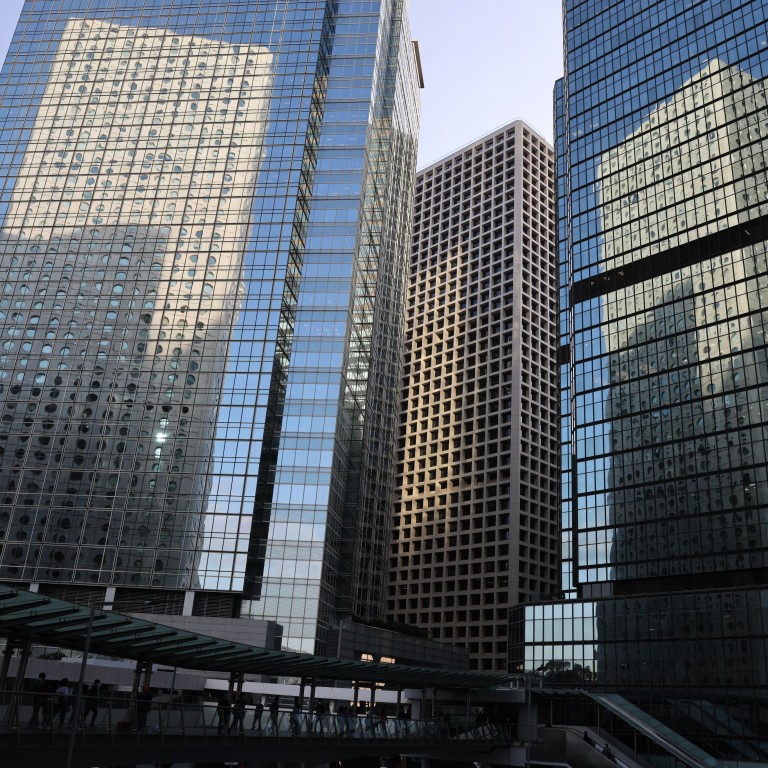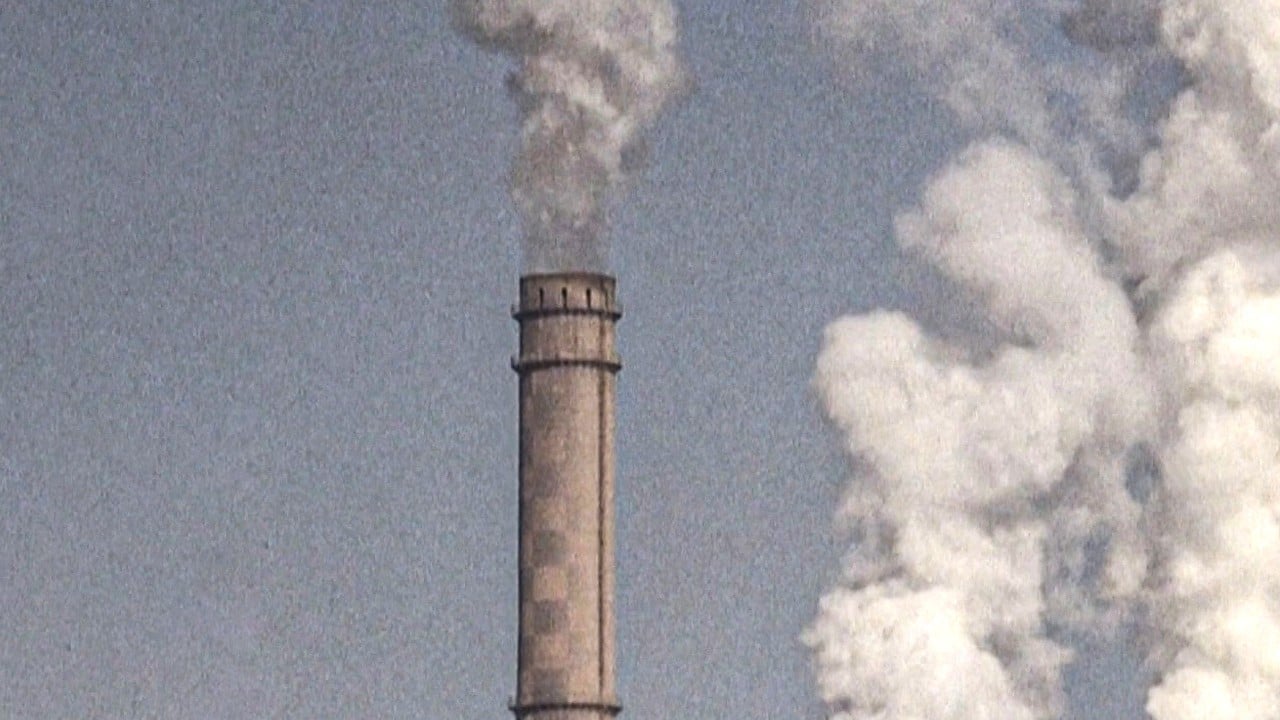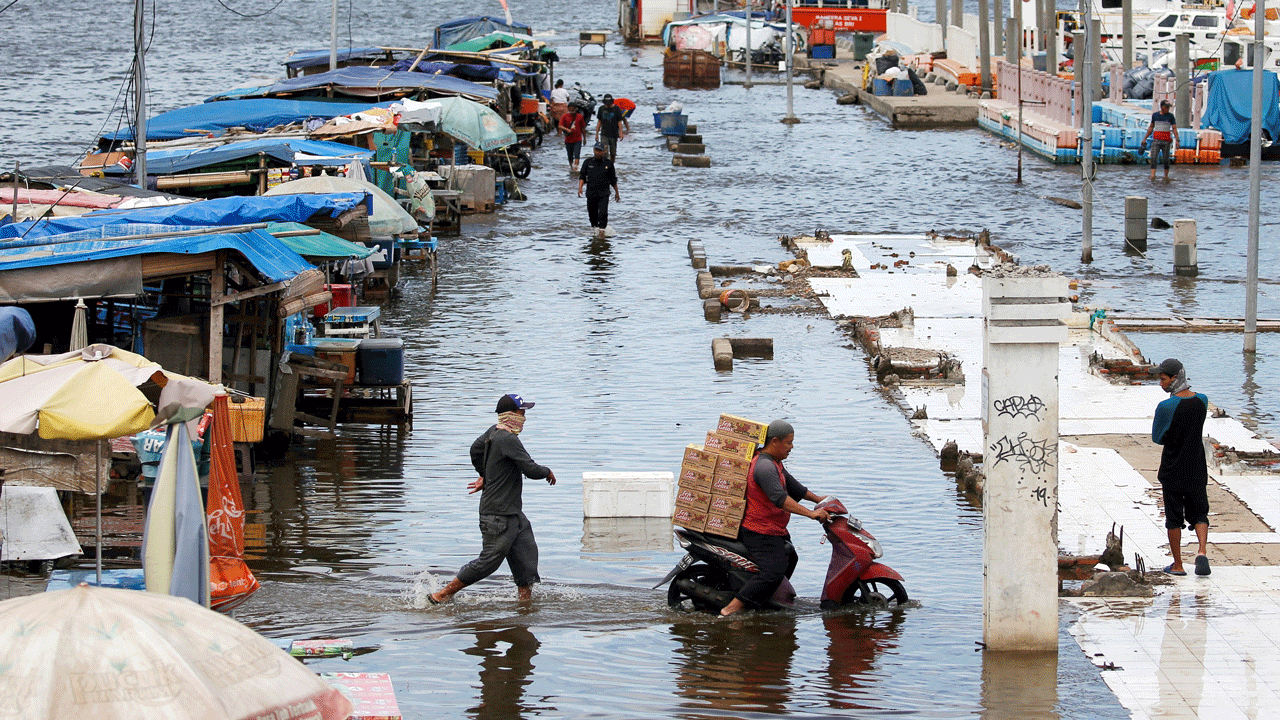
Hong Kong can play key role as Asia catches up on transition to cleaner energy, former UN climate chief says
- Hong Kong could play a key role in supporting at least the Asian banking sector to reduce its climate risks and take advantage of growth opportunities, Christiana Figueres tells Asian Financial Forum
- HSBC’s Hong Kong CEO says majority of clients accept that they must embark on a climate transition, but need help coming up with feasible decarbonisation plans and fundraising tools to execute them
“On the whole, in Asia, regulators are ahead of businesses and financial institutions, which is different to many other parts of the world,” Christiana Figueres, a former UN climate chief, told the Asian Financial Forum (AFF) on Thursday.
Asian companies and their financiers, in particular, must accelerate efforts to transition to cleaner energy, or face growing competitive pressure on both the supply and demand sides, she said.
“Right now, fossil fuels are still the dominant energy source in Asia,” Figueres said. “That is the Achilles’ heel to the Asian region and to its financial sector, because the region is now highly exposed to its dependence on fossil-fuel imports with [the] extreme price volatility that we are seeing … and will continue to see.”
Hong Kong firms more wary of spending on ESG initiatives as economy slumps
The region will increasingly be squeezed by consumer markets that will demand products and services with low or no embedded carbon emissions, she added.
China seen accelerating wind, solar energy installation to beat 2030 target
Moreover, severing ties with investees that are slow in taking climate action is not a simple matter.
“We don’t like divesting. If we don’t have a stake in the company, how can we push them to go through the changes needed,” Thomas Kwan, CEO of Harvest Global Investments, told the AFF. “What’s more important for us is their intention … whether they are aware of the [environmental, social and governance] requirements and whether they need help to go through the changes.”
The exchanges in Hong Kong and Shanghai should include shares and exchange-traded fund products featuring companies with sustainable business models in the suite of securities trading through the Stock Connect schemes between the two cities, Lin Wenjie, deputy director general of Shanghai Municipal Financial Regulatory Bureau, told the forum.
This would help to raise more green and sustainable finance to help China reach its goals of peaking carbon emissions before 2030 and becoming carbon neutral by 2060, he said. The two cities should also participate in international sustainable finance rules setting and information sharing, Lin added.
Heavy greenhouse gas emitters are increasingly finding it hard to tap the financial markets to fund business expansion, unless they transform their operations and steer towards a more sustainable pathway, said Ivy Lau, head of sustainable finance at Mizuho Securities Asia.
She was speaking at the Post-COP27 Hong Kong Forum co-hosted by the Business Environment Council, Civic Exchange and Hong Kong University of Science and Technology’s Institute for the Environment on Thursday.
“As the sustainable finance market develops, investors have placed higher expectations on companies, especially heavy polluters,” she said. “[Companies] need to realise that if you stick to the business-as-usual model, you are [limiting] your access to the capital market, [as well as] lending.”





